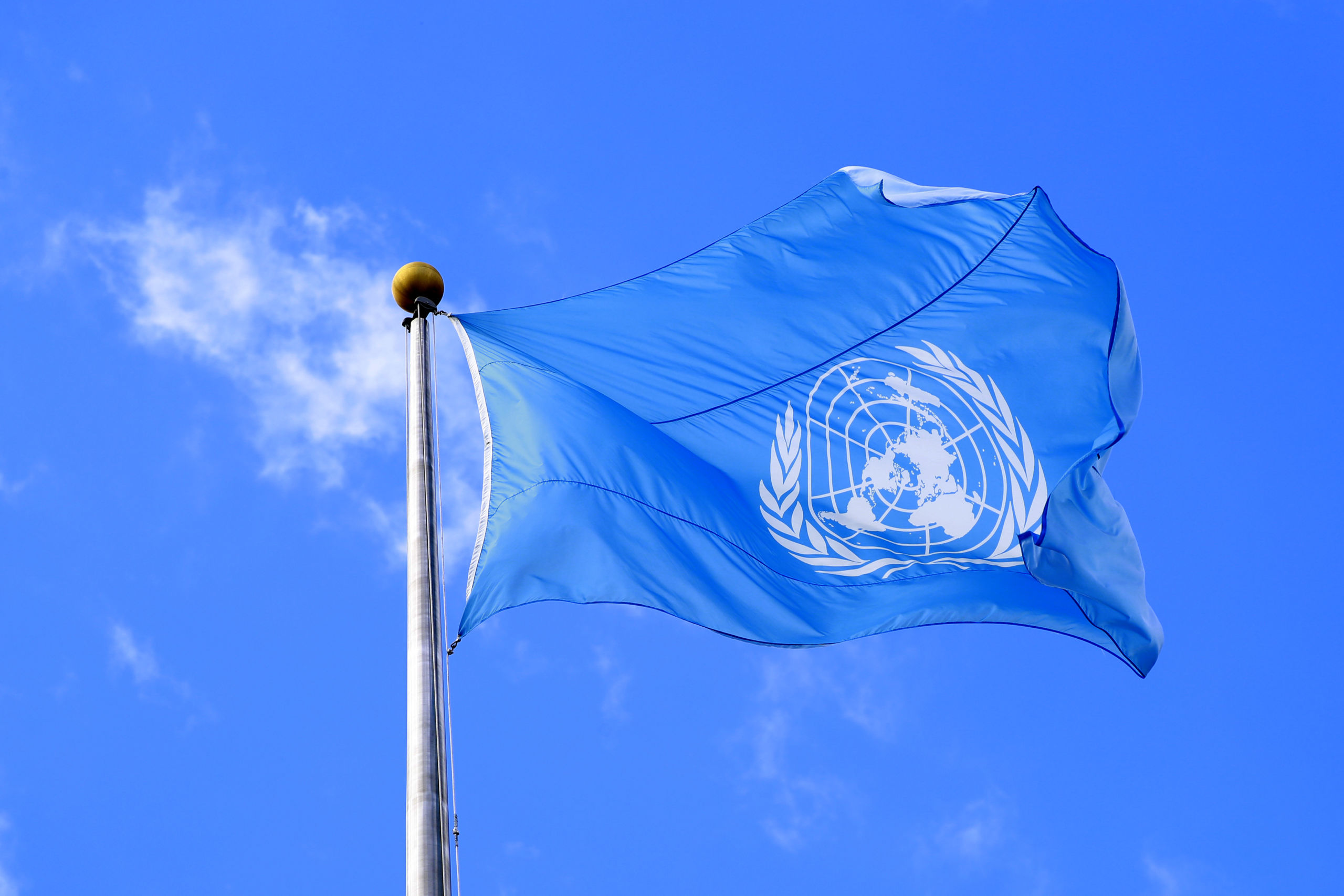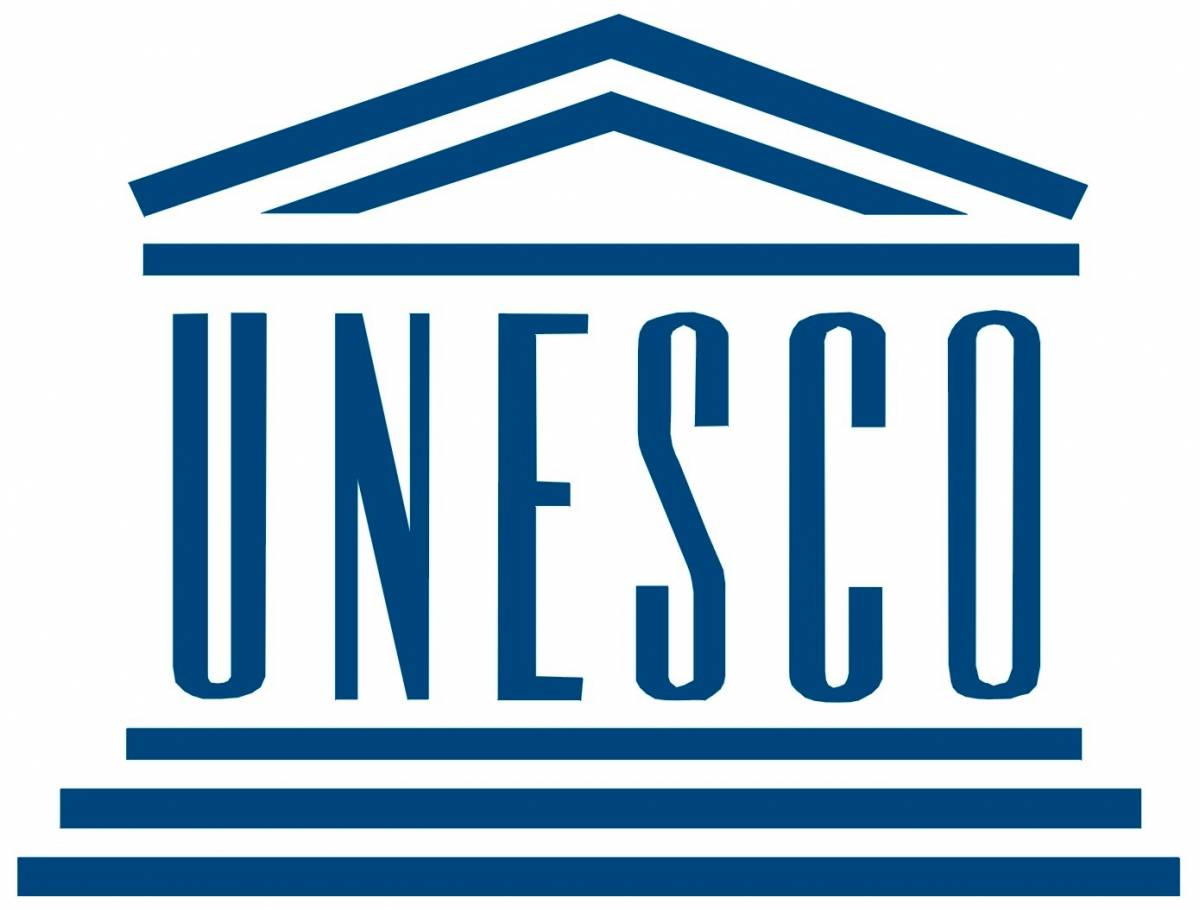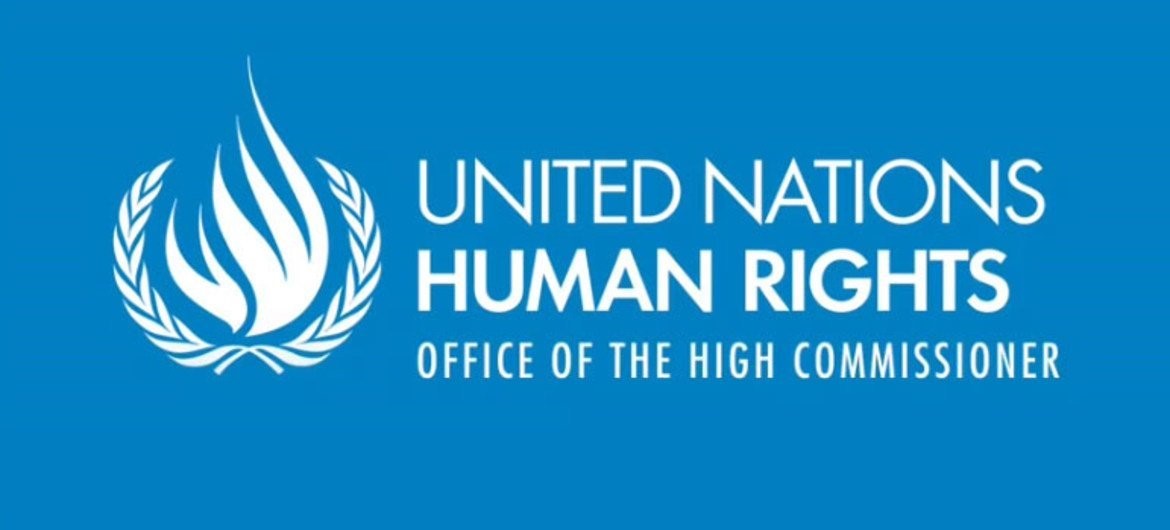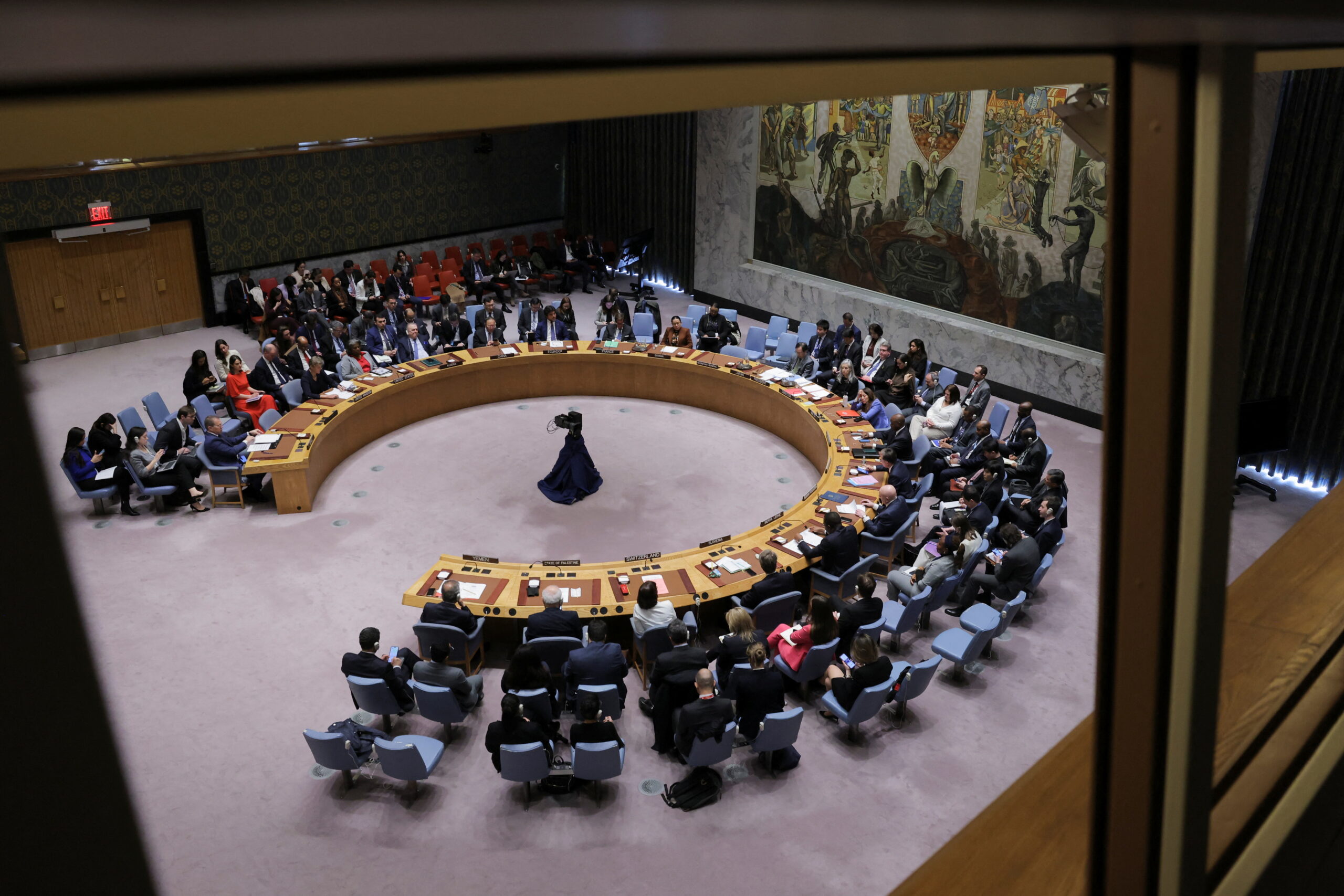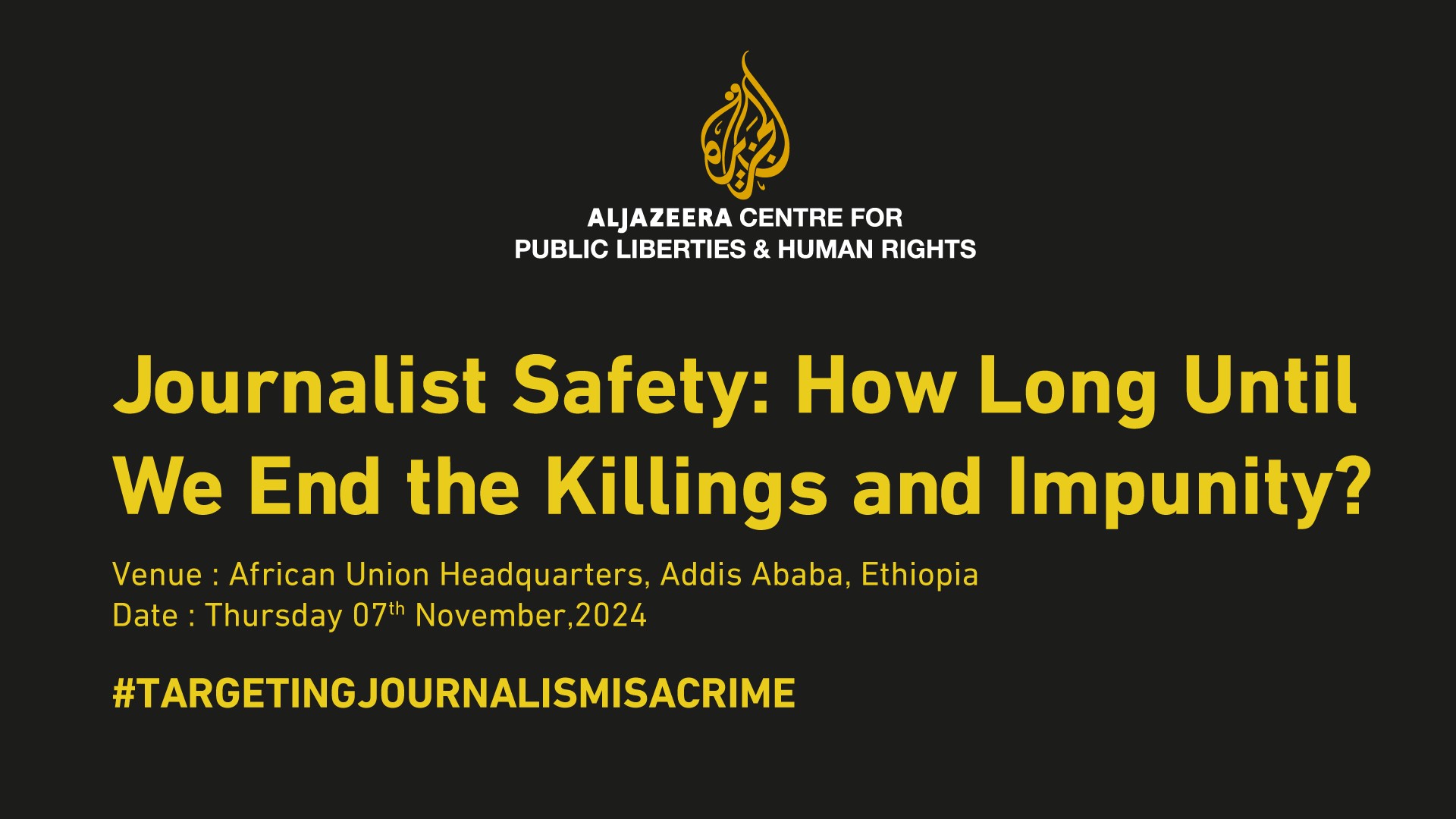Peru: Police used unnecessary and excessive force when dealing with protests
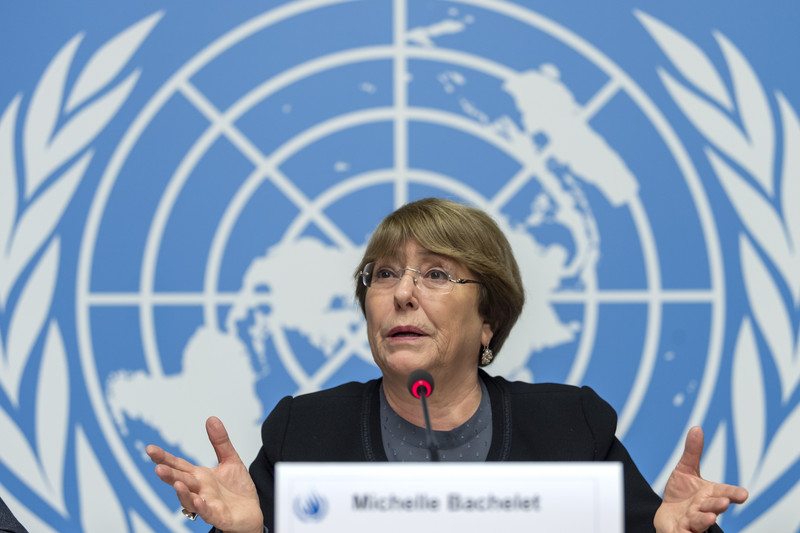
Police in Peru used unnecessary and excessive force when faced with mass protests between 9 and 15 November 2020, according to a UN Human Rights Office report published on 12 January that stresses the failure of security forces to comply with international human rights norms and standards. The report is the product of a Human Rights Office mission to Lima from 17 to 22 November, at the invitation of the Peruvian Government, to gather information regarding alleged human rights violations committed during protests challenging the legitimacy of the interim president, as well as expressing other causes of social discontent.
Among its main findings, the report notes that police officers did not distinguish between peaceful protesters, who were in the majority, and a minority who were alleged to have acted violently. Referencing available audio and video recordings, interviews with victims and witnesses, as well as medical records, the report says that police fired pellets from 12-gauge shotguns and tear gas canisters directly at people’s heads and upper bodies, indiscriminately and from close range. Two protesters were killed by shotgun pellets fired at their torso, and more than 200 people, including passers-by, were injured. “International law is clear: people have the right to peaceful assembly, and gatherings can only be dispersed in exceptional cases,” said UN High Commissioner for Human Rights Michelle Bachelet. She noted that, potentially, lethal force could only be used against specific individuals to address an imminent threat of death or serious injury. She also stressed that less-lethal weapons must be employed subject to strict requirements of necessity and proportionality, in situations where less harmful measures are clearly ineffective to address the threat.
The High Commissioner underlined that all allegations of human rights violations should be promptly, independently, and thoroughly investigated, noting that some preliminary investigations had begun. She also stressed how important it was for the Government to publicly acknowledge that violations had been committed. “Recognition of wrongdoing is the first step towards accountability and avoiding repetition. The Government has formed a commission to follow up on actions in favour of certain victims. However, it is essential that the police command also recognizes that human rights violations were committed,” the UN Human Rights Chief said.
Another concern identified in the report is that plainclothes police officers did not identify themselves as such, in contravention of international standards when they arrested people. In addition, victims told the UN Human Rights Office that they did not have access to legal assistance, and some said they had been pressured into signing self-incriminating statements. Taking into account such violations of due process rights, among other factors, the report concludes that people were arbitrarily arrested and detained. A number of interviewees described being held in degrading and unsanitary conditions, with no preventive measures against COVID-19 in place. Ten detainees told the UN Human Rights Office mission that they had been physically abused and eight alleged psychological abuse that could amount to torture or ill-treatment. The mission received information about eight cases of sexual and gender violence against women and men.
The report also documents restrictions, threats, and attacks on journalists and other media workers, as well as human rights defenders covering the protests, indicating that the right to freedom of expression had been undermined. “I truly hope that the authorities – both Government and Congress – take the necessary steps to ensure law enforcement agencies conduct themselves according to international human rights norms and standards,” said the High Commissioner. “The State must also uphold the right of the victims and their families to justice, truth, and reparations, including non-recurrence.”She also called for the Police Protection Act to be amended in line with international norms and standards, including the principle of proportionality, and for the liability waiver for police who cause death or injury to be repealed. Reflecting the importance of the report’s recommendations, Bachelet also expressed her concern about patterns of institutional violence in the country, particularly in the context of social conflict in rural areas. Most recently, in December 2020, there were clashes with police during protests by agricultural workers in the regions of Ica and La Libertad, resulting in the deaths of at least three people.
The Office stands ready to assist the Peruvian authorities in implementing the report’s recommendations, particularly with regard to accountability.


